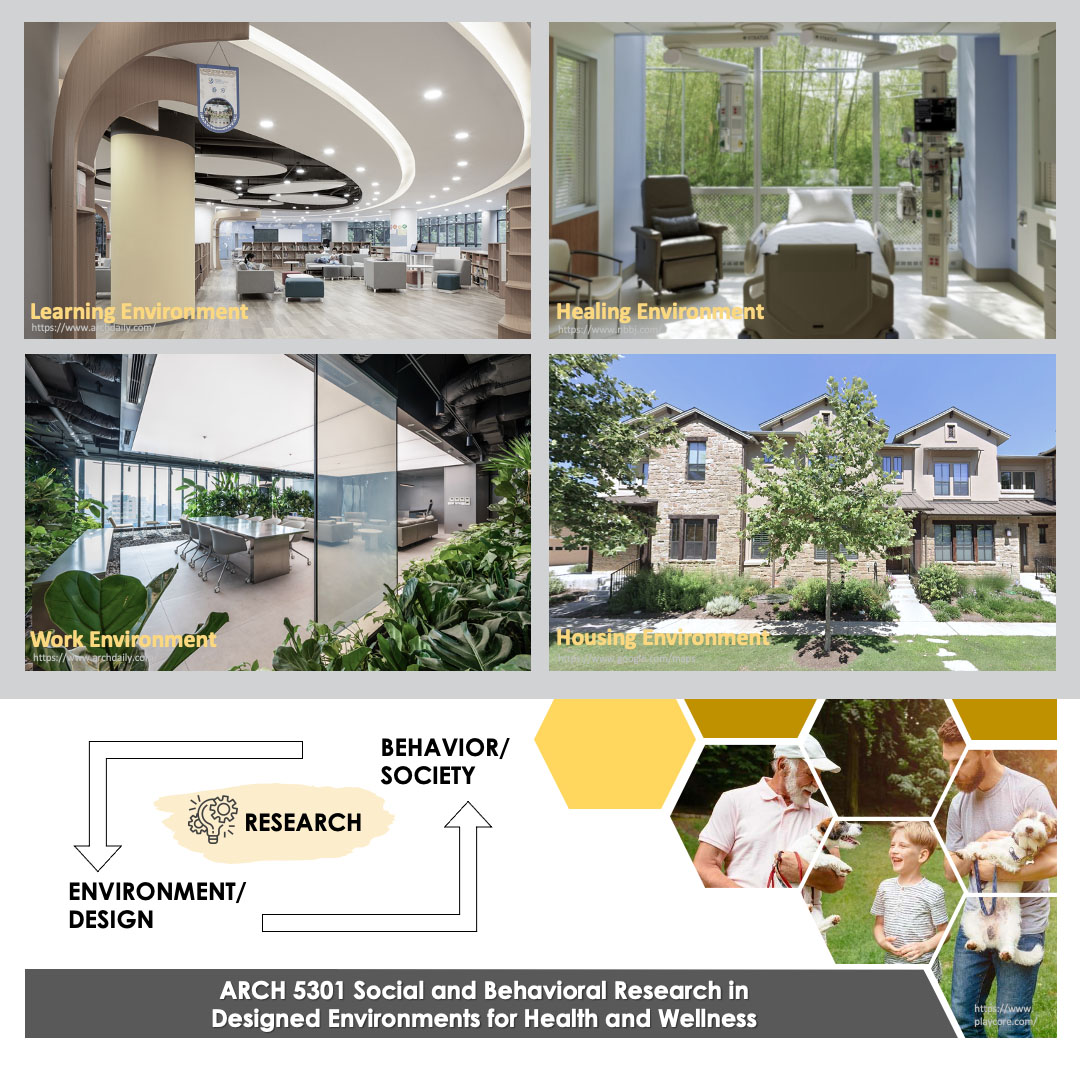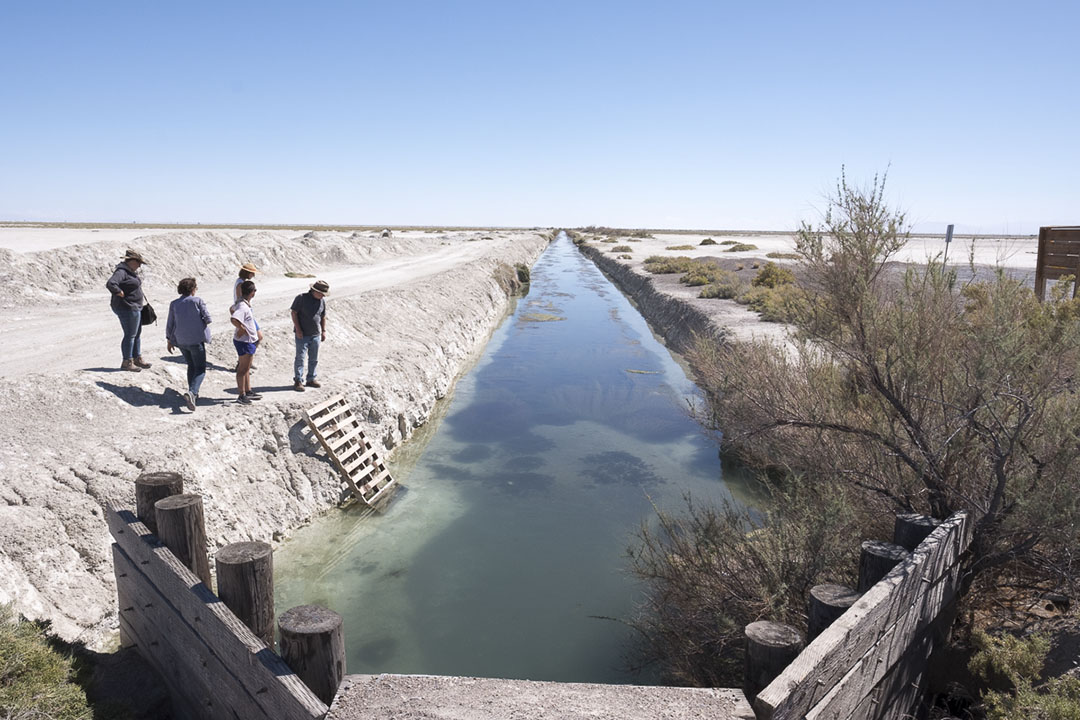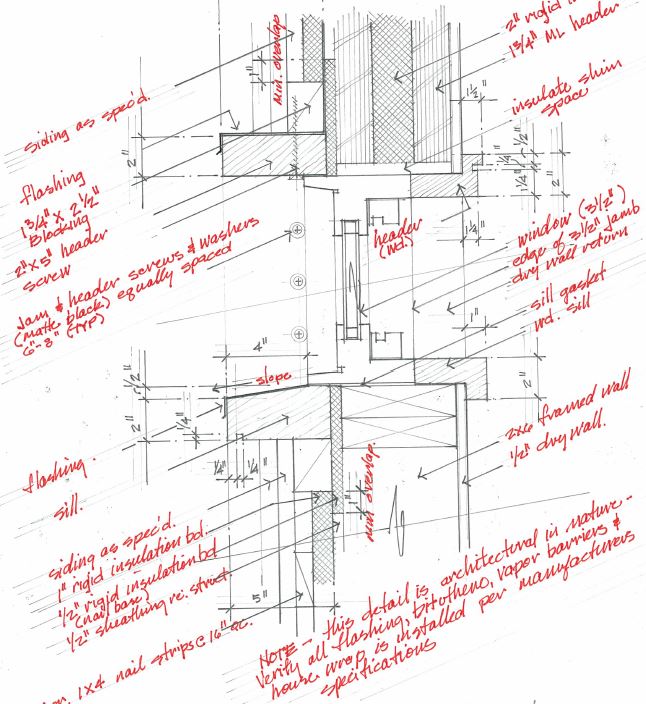Special Problems in Architecture
Arch 5301 · 3 Semester Credit Hours
Prerequisite: College approval. Individual study projects in architecture of special interest to students. May be repeated for credit.
Church
Competition and Innovation in American Religious Architecture
Arch 5301.003 · Brian C. R. Zugay, PhD
This course explores American religious architecture—across faiths and traditions—as a central material tool within a very unique and highly competitive free-market religious economy. Tracing back to the early nineteenth century, the course examines developments in architectural style, program and building arrangement, liturgy, music and worship styles, religious education facilities, and missionary outreach as responses to market forces. Competition drives innovation, not only within the design of more traditional building types like church, synagogue, temple, and mosque, but in the creation of new production methods and alternative forms. The course further distinguishes between players (national denominations, local congregations, pastor, and architect) and analyzes the respective contributions that each made—and continues to make—in driving architectural innovation.
Social and Behavioral Research in Designed Environments for Health and Wellness
Arch 5301.005 · Lingyi Qiu, PhD
This course introduces the social and behavioral factors in environmental design by explaining how environments impact human behavior and health, and how people perceive, use, and adapt to the environments. While the course will provide students with a general overview of research fundamentals and cover specific research methods for generating empirical data in programming, designing, and examining physical environments. This course will also discuss design for health issues for various types of environments and vulnerable populations.

Land Arts Seminar
PLACE~LESS~PLACE: mining the shift from unknown to acculturated space
Arch 5301.007 · Chris Taylor
Seminar exploring the process of making space into place through examinations of occupation and intervention with land. Develop multivalent definitions of place spanning continuums of time and culture to identify questions located between disciplines and definitions, between land, art, architecture, infrastructure, industry, and use. Investigate, analytically and generatively, the presence of habitation and questions of place that extend beyond programmatic performance and shelter from the elements to engage the multivalence of our existence in the landscape of the “New West.” How the West has been mapped, marked, and divided provides points of departure for the creation of a set of documents that test methods of seeing, measuring, and recording. Particular attention will be paid to operations at different scales. Produce a set of documents recording conditions of visited and constructed site-based works, experience of travel, and human occupation within landscapes.

Architectural Detailing – Why – How – The Human Experience
Arch 5301.008 · Darrick Wade
An exploration of architectural detailing through reading, research, discussion, sketching, emulating, and creating. This course will explore why details are important, how details are designed and communicated, opportunities for detailing, and the resulting human experience. Students will develop and demonstrate an understanding of the function of detailing and a deeper understanding of opportunities latent in details.

Huckabee College of Architecture
-
Address
Texas Tech University, 1800 Flint Avenue, Lubbock, TX 79409 -
Phone
806.742.3136 -
Email
architecture@ttu.edu

